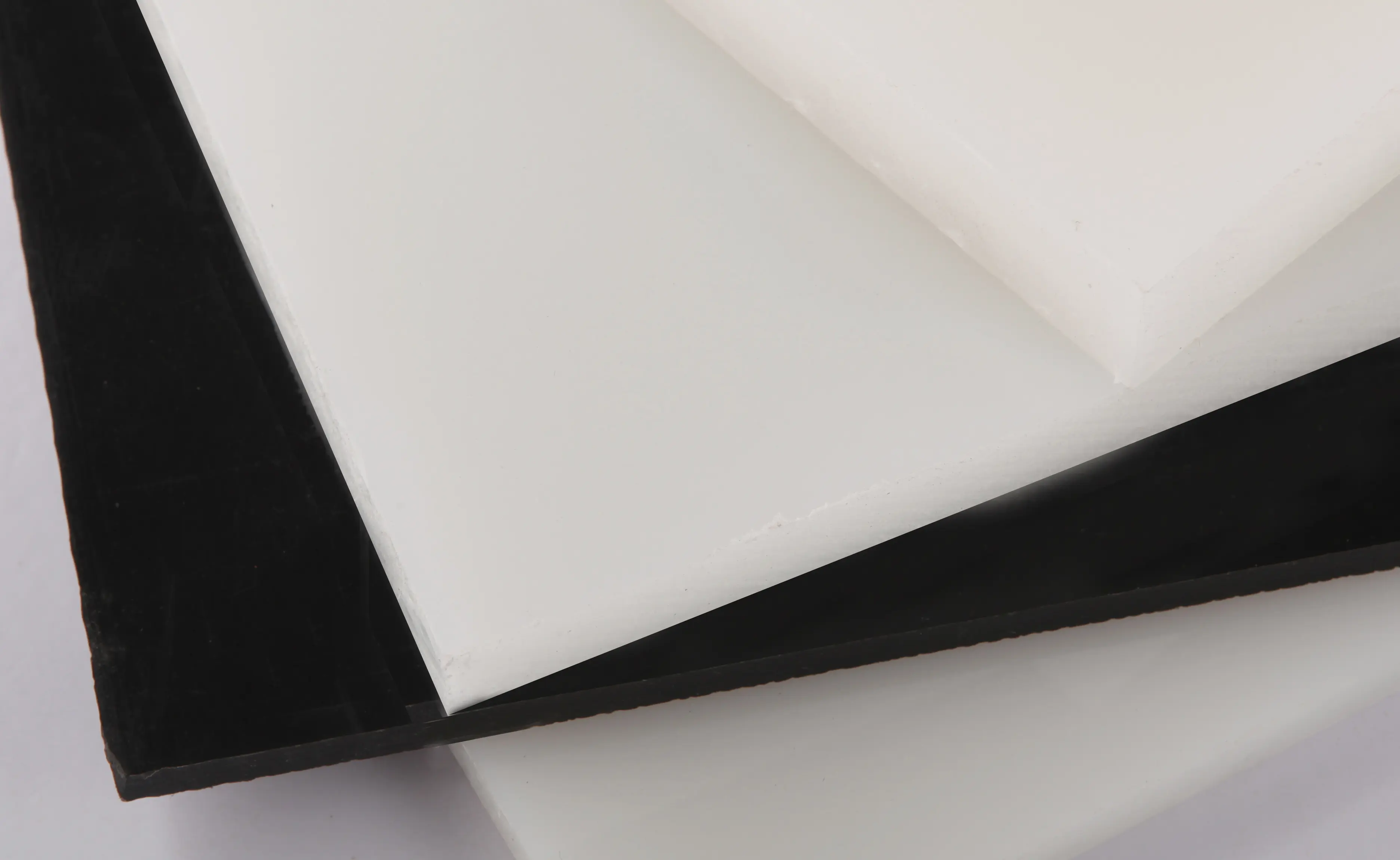Dhj . 05, 2024 19:30 Back to list
Durable Black HDPE Pipe for Versatile Applications and Efficient Fluid Transport
The Versatility and Benefits of HDPE Black Pipe
High-Density Polyethylene (HDPE) black pipe, often simply referred to as HDPE pipe, is a popular choice in various industries due to its unique combination of durability, flexibility, and resistance to corrosion. This article explores the features, advantages, applications, and environmental considerations of HDPE black pipe.
What is HDPE Black Pipe?
HDPE black pipe is a type of plastic piping made from high-density polyethylene, a thermoplastic known for its high strength-to-density ratio. The black coloration is typically achieved through the addition of carbon black during the manufacturing process, which enhances its UV resistance and protects it from sun degradation. This type of pipe is commonly used for water distribution, gas distribution, and various industrial applications.
Key Features
1. Durability HDPE black pipe is highly resistant to various chemicals, making it suitable for transporting potable water, sewage, and other fluids without fear of leakage or contamination. Its robust structure can withstand harsh environmental conditions, including extreme temperatures.
2. Flexibility Unlike traditional rigid pipes, HDPE black pipe is flexible, allowing for easier installation in uneven terrain. This flexibility reduces the need for extensive fittings, which can save both time and costs during installation.
3. Jointing HDPE pipes can be joined through various methods such as butt fusion, electrofusion, and mechanical fittings. These joining techniques create a seamless and leak-free joint, ensuring the integrity of the pipe system.
4. Lightweight Compared to metal pipes, HDPE black pipe is significantly lighter, which simplifies handling and reduces transportation costs. This characteristic makes it easier for workers to install without heavy machinery, further enhancing its installation efficiency.
Advantages of HDPE Black Pipe
1. Corrosion Resistance One of the standout benefits of HDPE black pipe is its resistance to corrosion and environmental stress. Unlike steel pipes, which can rust and deteriorate over time, HDPE pipes maintain their structural integrity, leading to reduced maintenance costs and a longer lifespan.
hdpe black pipe

2. Cost-Effectiveness Although the upfront costs can be competitive with traditional materials, the long-term savings associated with reduced maintenance and operational costs make HDPE pipes a financially sound investment.
3. Environmental Impact HDPE is a recyclable material, contributing to reduced environmental waste. Additionally, its long lifespan and resistance to damage lower the frequency of replacement, leading to less material consumption over time.
4. Safety HDPE black pipe does not leach harmful substances into the fluids it transports, making it a safe option for both potable water systems and gas distribution. Its high resistance to impact also minimizes the risk of accidents during handling and installation.
Applications
HDPE black pipe is utilized across various sectors
- Water Supply Its primary use is in municipal potable water systems, where it transports drinking water efficiently. - Sewage and Drainage Given its resistance to chemicals and UV rays, HDPE black pipe is ideal for sewer systems and stormwater drainage. - Gas Distribution The flexibility and durability of HDPE make it an excellent choice for natural gas distribution lines, ensuring safety and reliability. - Agricultural Irrigation Many farmers use HDPE pipes for irrigation purposes due to their ability to withstand environmental pressures while efficiently transporting water.
Environmental Considerations
As sustainability stands at the forefront of modern challenges, HDPE black pipe offers a range of environmental benefits. The manufacturing process is energy-efficient, and the product itself is fully recyclable. When disposed of properly, HDPE does not produce harmful pollutants, thus having a lower environmental footprint compared to traditional materials.
Conclusion
HDPE black pipe represents a modern solution to many piping needs in diverse applications, balancing durability, flexibility, and cost-effectiveness. As industries increasingly turn to sustainable materials, the benefits of HDPE pipes position them as a forward-thinking option for infrastructure development. Whether for water supply, gas distribution, or agricultural use, HDPE black pipe proves to be an essential component in building a more efficient and resilient future.
-
Premium PVC Soft Sheets: Clear, Flexible & Durable
NewsAug.12,2025
-
Premium PVC Round Rods: Durable, Chemical Resistant, Easy to Machine
NewsAug.11,2025
-
PP U-channel: Chemical-Resistant, Lightweight & Durable
NewsAug.10,2025
-
Transparent PVC Pipe: Clear Flexible Tubing for Fluids
NewsAug.09,2025
-
Durable PP Rigid Sheet: Versatile & High-Quality Plastic Panels
NewsAug.08,2025
-
Premium Glossy PP Rigid Sheet – Durable & Versatile
NewsAug.07,2025

